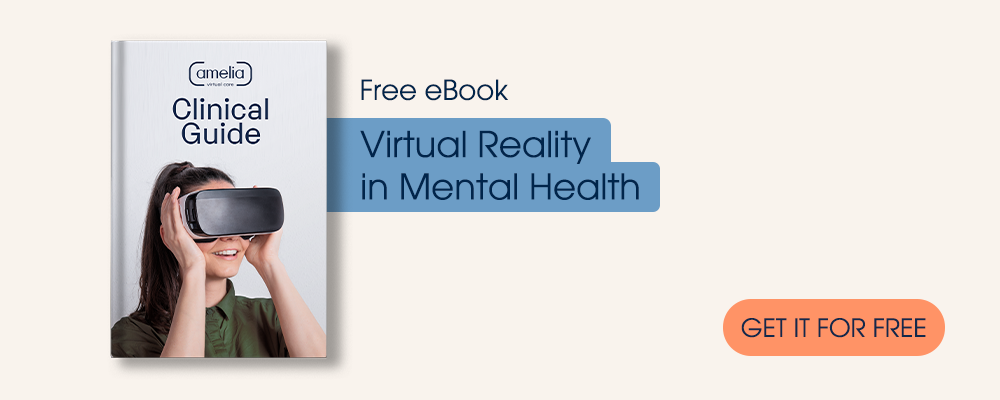It’s right to say that we have reached a consensus on the fact that Earth’s climate is undergoing drastic change. We are also agreed that our actions as humans are largely responsible for the ongoing climate crisis. The more of the facts we know about our impending environmental doom however, the more likely it seems that we are getting anxious around this subject as a species. Although eco-anxiety is yet to be clinically diagnosed, it is agreed that the acute fear of environmental doom is consuming our youth and children and in some cases, older people also. Mental health professionals are agreed that eco-anxiety is real and worries about the climate emergency is taking a toll on a lot of people. In fact, younger people are voicing out fear, frustration, and disappointment around being let down by older generations and about receiving from them a doomed environment with no future for humanity.
If eco-anxiety sounds new to you, then you would want to know what it is, how you can spot the condition, and how you can help patients cope.
Anxiety Tainted with Environmental Concern
Anxiety pulls our body into its fear and flight response in which we believe that there is danger and we ought to address this danger immediately or protect ourselves from it. Eco-anxiety manifests as being worried about the state of the planet and its future along with that of all its inhabitants. Eco-anxiety is also called eco-trauma, ecological grief, climate change distress, and more. Eco-anxiety like other types of anxiety arises from feelings of perceived threats as it has to do with the environment. As habitats are destroyed and people are experiencing real impacts of climate change, it is easy to become scared about it all. Yet, the symptoms of eco-anxiety go beyond anxiety alone. It exhibits emotional, psychological and physical symptoms.
People experiencing eco-anxiety can feel anger or frustration, panic, guilt or shame, grief and sadness, existential dread, obsessive thoughts about climate change, and thoughts of fatal climate destruction. They are often angry or frustrated at other people who are not climate conscious and at the older generations for bequeathing them a dying climate. They feel grief over environments and wildlife population that are getting lost. Additionally, they feel guilt about their own carbon footprints and actions that do not enhance the climate change situation. These thoughts and feelings lead to physical problems like loss of appetite, sleep disorders, and inability to concentrate.
Coping with Eco-Anxiety
While the perceived environmental doom and the Earth’s changing climate are big issues to worry about, people have to protect their mental health around these issues so that they are able to take constructive action towards making contributions and changing patterns that exacerbate the climate crisis. They must also realize that climate change is a collective issue. Overcoming the crisis by reducing carbon emissions and balancing the environment is not something that one person can achieve on their own. In fact, the efforts of a single person will make very little difference. As such, it is important that eco-anxiety is treated along the lines of emphasizing involvement with others and changing personal outlooks to see what actions and policies are ongoing to control climate change. A person going through eco-anxiety should not fall into a spiral of denial but should instead do their part, connect with others, and focus on a better planetary future.
How Clinicians Can Help
Although eco-anxiety is not yet diagnosed as a specific mental health illness, mental health professionals are agreed that it exists. Professionals can spot this emotional issue in patients and can adopt therapy to help them cope. On top of the usual benefits of therapy, ecotherapy offers healing through nature. It is an emerging mental health treatment which emphasizes connection to the planet, the healing benefits of nature, and the importance of nurturing the environment.
The environmental impacts of climate change are devastating. When we think about the future and the human contribution to habitat destruction, extinction of species, carbon emissions and more, we can feel the enormous weight of what these indices mean. It is easy to develop eco-anxiety. Like all forms of anxiety however, getting help and support can create big changes for the patient. Only in this case, they can create big changes for the environment too.
References












